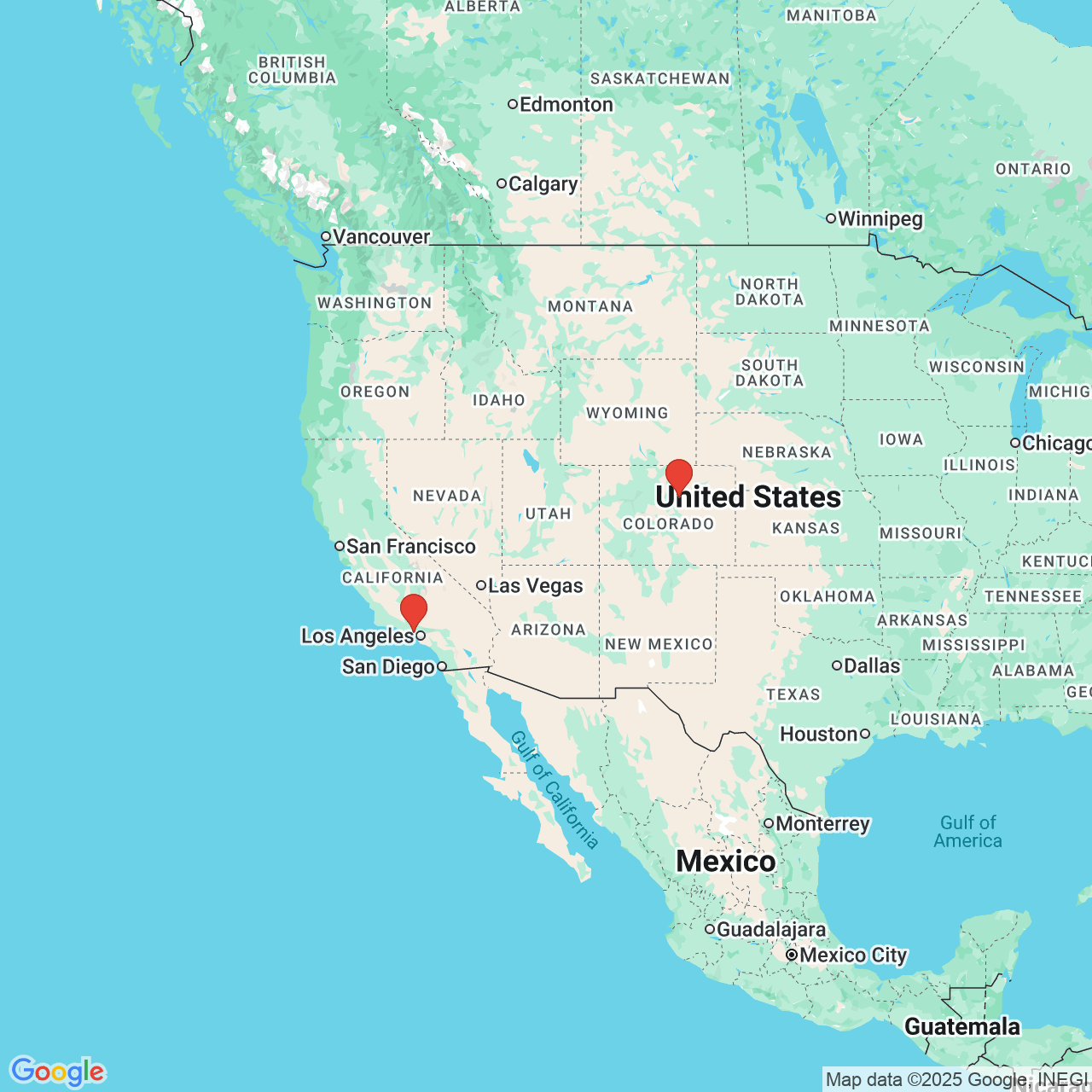
Property Division
Our Family Law Attorneys Can Help
Catalog Property
It’s difficult to remember and categorize every piece of property on top of everything else going on during the divorce process. Our lawyers can walk you through the process and help catalog property that can be easily overlooked.
Keep What’s Yours
Our law firm can protect you against overreach on property claims from the other party and make sure your separate property remains yours.
Achieve a Fair Outcome
Our family law attorneys work diligently on each individual case to help balance community property between both parties and find a fair solution to commingled property.
Avoid Lengthy Court Hearings
By finding an amicable solution between both parties, our clients can avoid lengthy and expensive court hearings that can prolong unpleasant divorce proceedings.
An Overview of Divorce or Legal Separation
In California, parties can end a marriage or domestic partnership through two main “dissolution” processes: divorce and legal separation. In most cases, California family laws apply to any dissolutions in the state even if both parties were married or registered as domestic partners outside of California.
A marriage or partnership is not legally dissolved until matters such as custody, partner or child support, and the division of property are resolved and receive approval from a judge. You can decide to negotiate the property division out of court or ask the court to step in and divide the property, known as a “court order”.
Do You Need Help Dividing Property? Our Dedicated Family Law Attorneys Can Help
Our divorce lawyers can help you receive an equitable division of property in divorce and advise you on all aspects of real estate, bank accounts, and trusts. Our family law attorneys have helped clients with complex financial situations find an agreeable solution during the division of property. When parties cannot agree, we can make full use of asset laws to make sure you receive what’s rightfully yours.
We have a large network of financial experts at our disposal who can assist you in these complicated matters. To discuss your unique case with us, contact one of our California offices today by calling:
(818) 824-5800
When parties cannot agree, we can make full use of asset laws to make sure you receive what’s rightfully yours.
Examples of Property
The term “property” can falsely imply that only physical items will be divided between both parties, which is not the case. In court, “property” describes anything that has financial value, including bank accounts and investments.
Our lawyers can help you keep track of any items, accounts, and marital assets that count as property, including:
- Personal property such as clothes and vehicles
- Home furnishings like appliances and furniture
- Real estate, including homes and land
- Bank accounts and investments
- Pensions and other retirement plans
- Rights to a business
- Debt accrued during the marriage
Different Types of Property

Separate Property
Separate property is owned by a single party and applies to any property owned prior to or after the marriage or partnership. Separate property is returned to the original owner and cannot go to the other party unless both agree otherwise as part of the negotiations. Inheritances and gifts offered to an individual count as separate property, along with anything bought using separate property. For example, buying real estate with an inheritance makes the appliance count as separate property.

Community Property
California is a community property state, which means that property acquired during a marriage or domestic partnership is equally owned by both parties. Many parties have more community property than they realize, including investments, bank accounts, debts, real estate, and items accrued during the marriage or partnership. Both parties do not need to be aware of the property for it to count as community property. For example, the other party can accrue debts in secret, half of which becomes your responsibility upon separation.

Quasi-Community Property
Quasi-community property follows similar rules and regulations as community property, but it applies to any property earned in another state during the union. Some states like Colorado do not have community property laws, but the legal courts in California still treat the property as community property.

Commingled Property
Commingled property is when a piece of property has aspects of both community and separate property, such as using an individual inheritance to help buy a home but making payments on it using money earned during the partnership. Another common example would be pensions that include money from before and during the marriage.
Questions About Complicated Property? Our Lawyers Can Answer Them
Dividing complicated sets of property like pensions and commingled items can make the entire separation process even more challenging. Our attorneys can walk you through each step of the process and help your separation go more smoothly. We can also leverage an extensive network of financial professionals to aid in the division of pensions and other investments.
The Dadvocates can answer your questions about complicated property like commingled items or pensions. Submit a question to our lawyers or call one of our California offices at:
(818) 824-5800
Our attorneys can walk you through each step of the process and help your separation go more smoothly. We can also leverage an extensive network of financial professionals to aid in the division of pensions and other investments.
Important Factors For the Division of Property
The start and end dates of the marriage or partnership
These dates are essential to have on hand since they help determine what is separate and community property. We’ll work hard to make sure you retain everything that’s rightfully yours.
Owning pensions or retirement plans
Dividing pensions requires the help of a lawyer since they feature unique rules. Pensions can be one of the most valuable pieces of property during the division, and a misfiling can lead to costly repercussions.
Future income earned on community assets
In California, any future income earned from community assets also plays an important role in the equitable distribution of property, i.g., earning dividends or interest on savings and investments.
Children
Any children are taken into special consideration since the division of property like real estate can directly affect a party’s ability to provide for their family and where they will live.
The net amount of value and debt
When you are dividing community property, the process is based on achieving an equal “net” share between both parties after balancing the value of property, debts, and real estate.
The “commingling” of property
The commingling of property adds further complications to the process by mixing separate and community assets.
The Typical Process of Property Division
Are You In Need of a Good Lawyer? We Represent Fathers and Men Across the Country
We believe that fathers and men are an integral part of the family, and they should not be stripped of their property and means to provide for their children. Our law firms across the country and California have a high success rate for protecting marital assets and achieving financial support from higher-earning spouses.
Don’t settle, because we sure won’t when fighting for your rightful property. Fill out a contact form or call one of our California offices at:
(818) 824-5800
Our Lawyers Can Help In or Out of Court
Choosing to settle property division in our out of court has a significant impact on the entire process and the end result. The Dadvocates can advise whether you should settle the matter in court or reach an agreement between the parties depending on your unique situation.
Benefits of Avoiding Court
Some clients may want to avoid taking the separation to court since settling the division amicably between both parties offers:
- A faster process
- Less stress
- More control over the division
When Going to Court is Necessary
While going to court may not be ideal, it may be necessary to ensure the equitable distribution of property if the other party:
- Overreaches
- Cannot agree on terms
- Refuses to participate
California Property Division FAQs
When Does Property Start Becoming Separate Again?
Any property you earn becomes “separate” once you or the other party announces their intent to end the marriage or partnership.
Does the Length of My Marriage Matter for Property Division?
The length of your marriage or partnership typically impacts the property division only so far as to determine what is separate and community property. However, the amount of spousal support you receive can change depending on the length of the union.
How is the House Divided in a Divorce?
Whether you or the other party gets the house depends on your unique circumstances. If the house is community property, then its value will be added to the total list of property to be split between the two parties. Child custody and other factors like debt can affect who gets the house.
When it comes to your individual case, our attorneys are the best resource to answer your legal questions.

